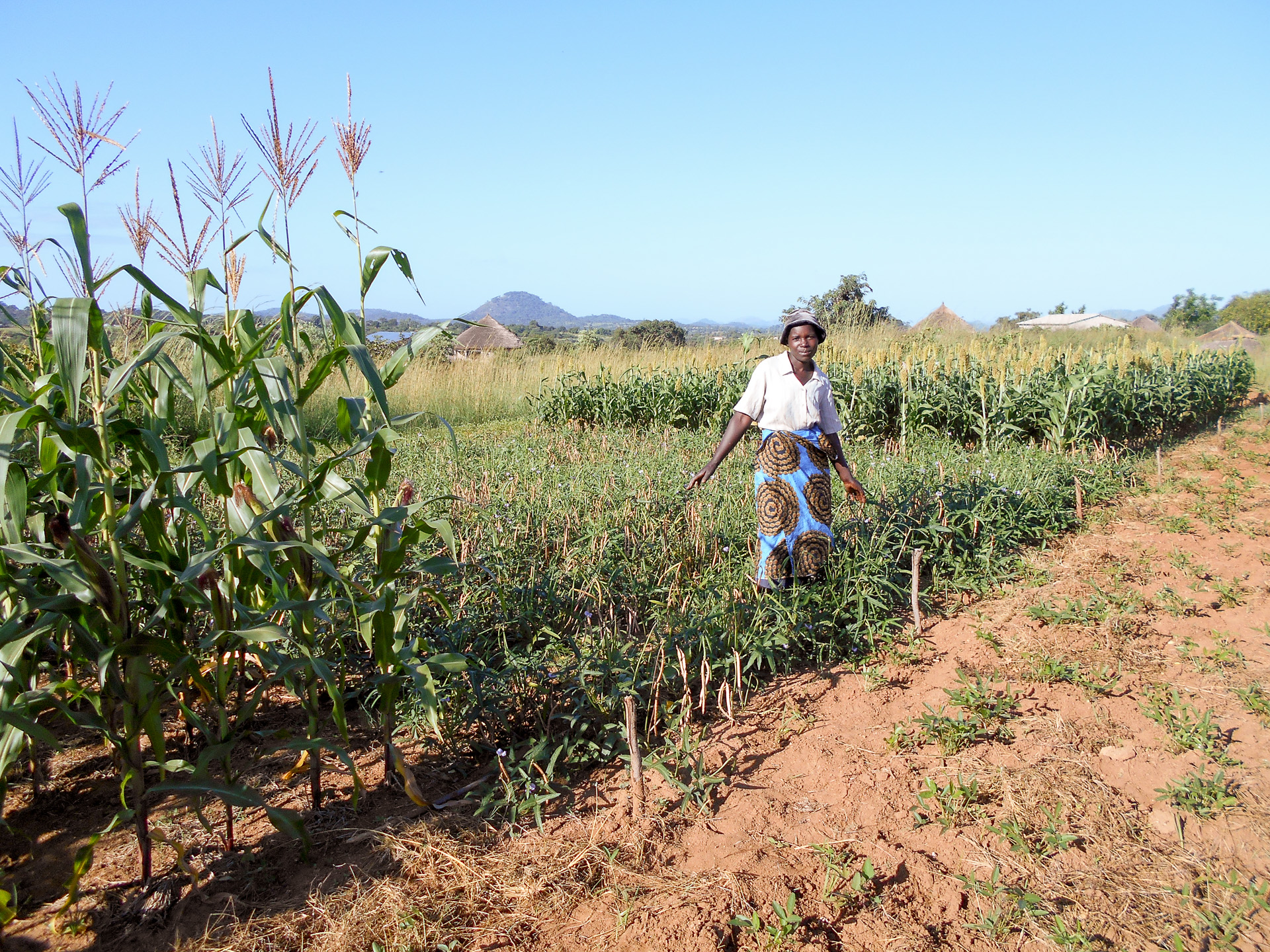Zimbabwe adopts bold strategy to embrace CSA

By Gabriel Masvora
ZIMBABWE has adopted a multi-prolonged strategy to embrace Climate Smart Agriculture in the wake of low agricultural productivity triggered by drought caused by low rainfall over the past few years. The droughts have been attributed to climate variability of shifting rainfall seasons, El Niño which have continued to threaten the successful implementation of rain-fed farming in the country. Among the strategies include the use of appropriate agricultural enterprises in line with agro-ecological potential and conditions, suitable cropping and livestock programmes and diversification in terms of enterprises, crops and livestock.
In an update as part of the Agriculture Adaptation to Climate Change in Rural Areas in Southern Africa (ACCRA), Head Department of Research and Specialist Services in the Ministry of Lands, Agriculture, Water and Rural Resettlement. Dr Dumisani Kutywayo said conservation agriculture has also been a major focus aimed at increasing crop productivity and resilient “Activities are now generally adopted and are promoted by Government extension even in areas where there is no financial support. The current thrust to climate-proof our agriculture (is) through the rapid promotion of Conservation Agriculture,” he said.
One of the organisations working on the project on Conservation Agriculture in the country is the International Maize and Wheat Improvement (CIMMTY) which has partnered with the Centre for Coordination of Agricultural Research for Southern Africa (CCARDESA) in promoting regional research of agriculture in the wake of threats posed by climate change. Conservation agriculture is premised on minimal soil disturbance, permanent soil cover and crop rotation helping farmers combat growing environmental challenges by maintaining and boosting yields while protecting the environment and increasing profits for smallholders globally.
According to CIMMTY, trials have been done with farmers in Mwenezi and Masvingo and results have shown that this could be the panacea to solve challenges faced by farmers in dry regions. The organisation indicated that trials have shown in addition, timely planting, conserving the soil and the moisture with conservation agriculture, effective weeding and application of adequate plant nutrients are the key ingredients of success of sustainable farming in the wake of droughts. Dr Kutywawo said another initiative involved the livestock value chain commercialisation to increase resilience. This focus on goat, poultry, beef, pig value chains with an aim to improve forage production and conservation that improve productivity and profitability among farmers.
In addition, he said, the Government is also focusing on promoting the production of sorghum and millets which are more resilient to moisture deficit. The programme is done through the distribution of inputs and provision of technical support to needy farmers especially those in Natural Region Four and Five which receive low rainfall. Last year, the Government had indicated that it will distribute for free about 15 000 tonnes of small grain seed to cover more than 1,5 million hectares as part of its efforts to avert effects of climate change and improving food security in most Matabeleland region.
The inputs were part of the Presidential Input Scheme that helps disadvantaged farmers. Zimbabwe, he said, is also adopting the use of agricultural enterprises in line with agro-ecological potential and conditions. The country is divided into Natural Regions from One to Five where average annual rainfall is high in Natural Region One and Two while low in Natural Regions Three to Five. The adaptation includes concentrating on farming activities that are suitable in those regions. To ensure the effectiveness of the initiatives, Dr Kutywawo said CSA was now being mainstreamed in various policies and development plans in Government while efforts have been enhanced to ensure that varying CSA messages and approaches being disseminated to everyone including in rural areas.
The author works at Sunday News in Zimbabwe

























































